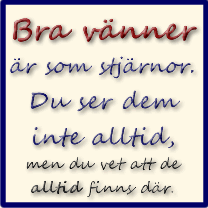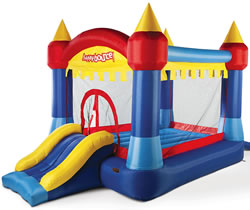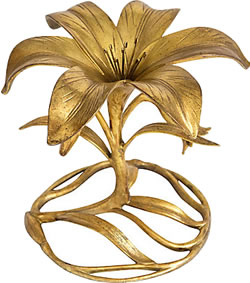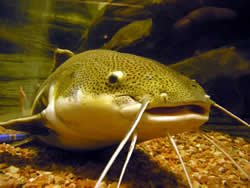
I learnt two words for friend in Swedish this week – vän [vɛːn] and kompis [kɔmpɪs]. The former is translated as “buddy” in my Swedish lessons, and the latter as “friend”.
Vän can mean friend, comrade, lover, mate, pal, sympathizer, well-wisher or acquaintance, and is also an old word for fair or beautiful. It comes from the Old Norse vinr (friend), from the Proto-Germanic *winiz (friend, loved one), from the Proto-Indo-European *wenh₁- (to seek, desire, love, win).
The element -win in names such as Darwin, Edwin, Godwin, Irwin, etc comes from the same root, as does the name Venus (via Latin).
Kompis cane be translated as brother, buddy, friend, chum, comrade, crony, mate, mucker, and is a contraction of kompanjon (partner, associate) + -is.
Vän appears in expressions such as:
– flickvän = girlfriend
– pojkvän = boyfriend
– hjärtevän = beloved, close friend, sweetheart
– ovän = enemy
– väninna = female friend (of a female)
– vänlig = friendly, kind, gentle, amicable, affable
– vänling = kind, nice, sweet
– vänskap = friendship
– vänskaplig = friendly, amicable
– väntjänst = a service done out of friendship
– vänkrets = circle of friends
– vänort = sister town, twin town
Other Swedish words for friend or acquaintance include:
– kamrat = friend, associate, chum, comrade, fellow, mate, partner, fellow
– bekant = friend, acquaintance
– polare = brother, buddy, mate, dawg, mucker, crony, pally
– fränder = kinsman
Which of these are most commonly used?
The words on the image mean “Good friends are like stars. You do not always see them, but you know they are always there.” This is one of the things that pops up when you search for “vänner” (friends), e.g. on this site.
Sources: Wiktionary, bab.la








